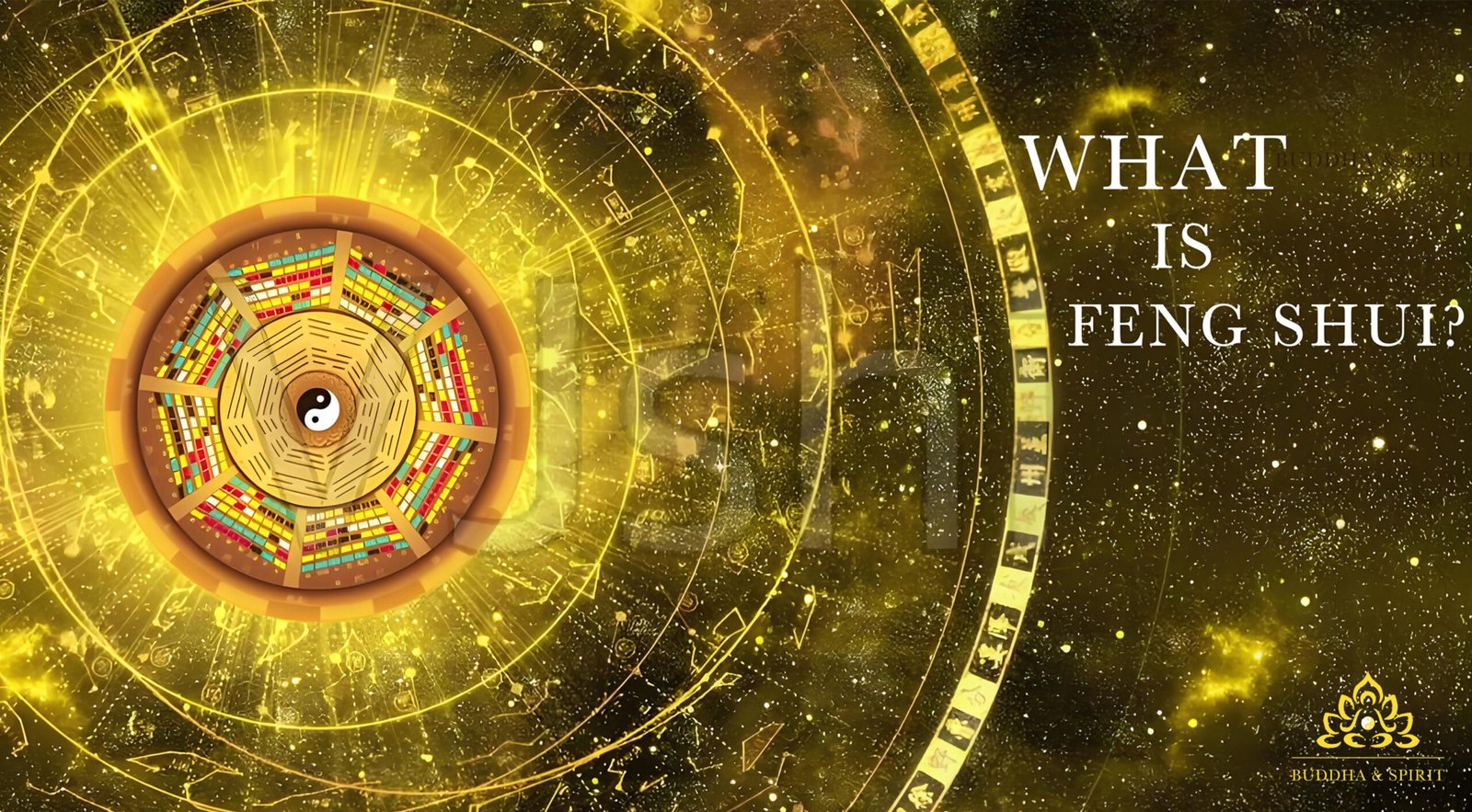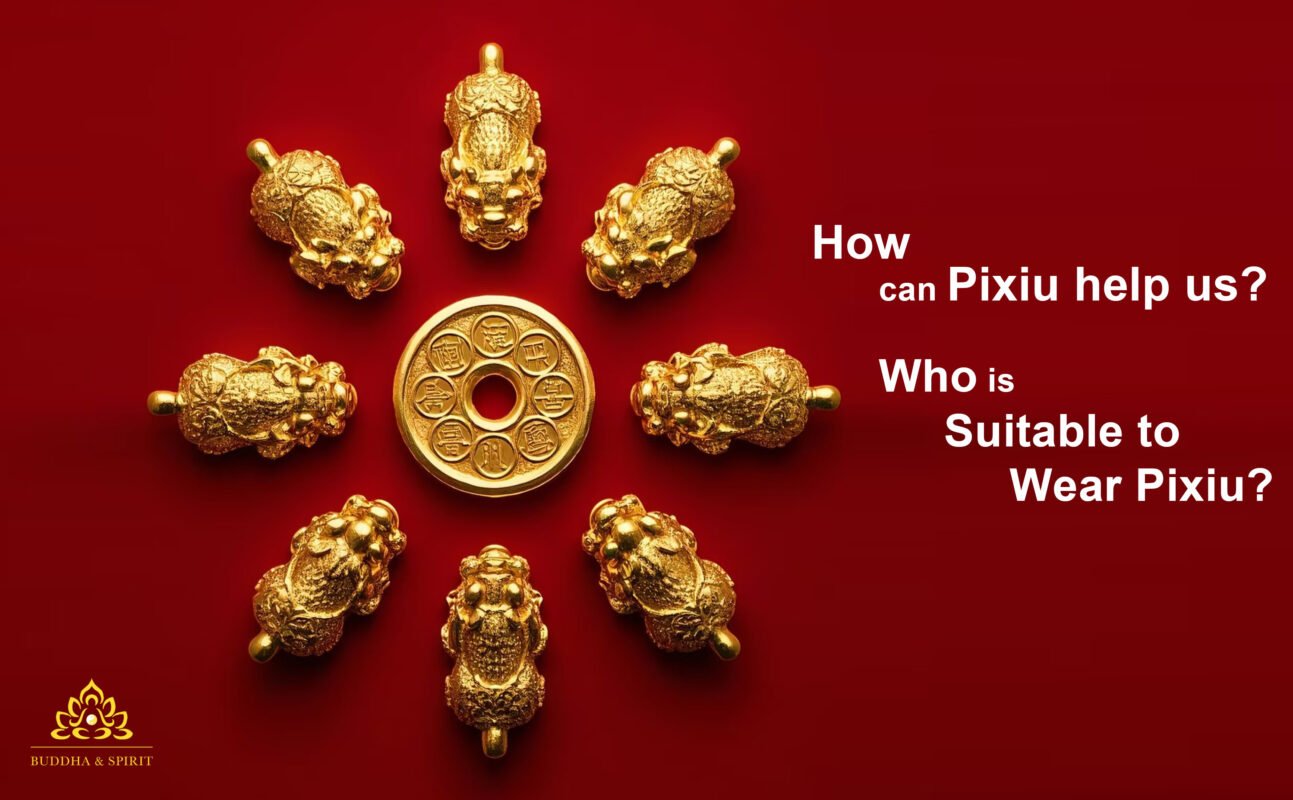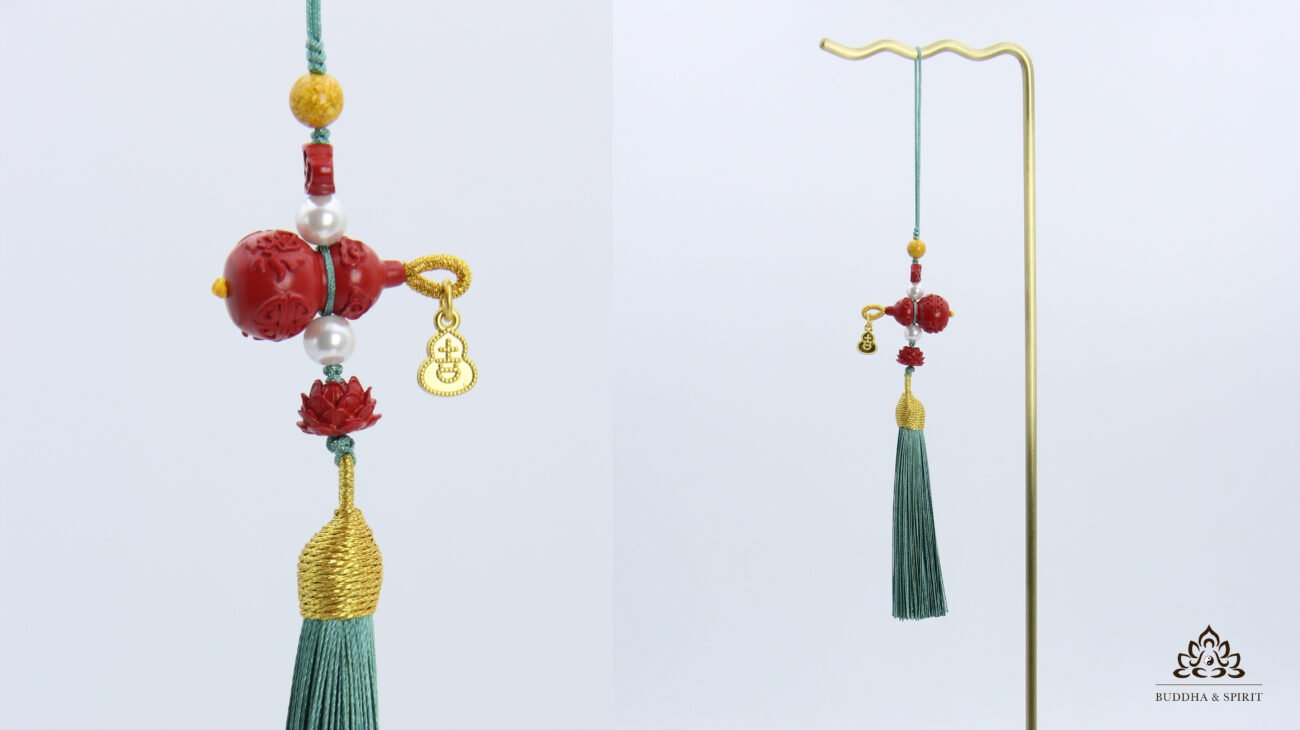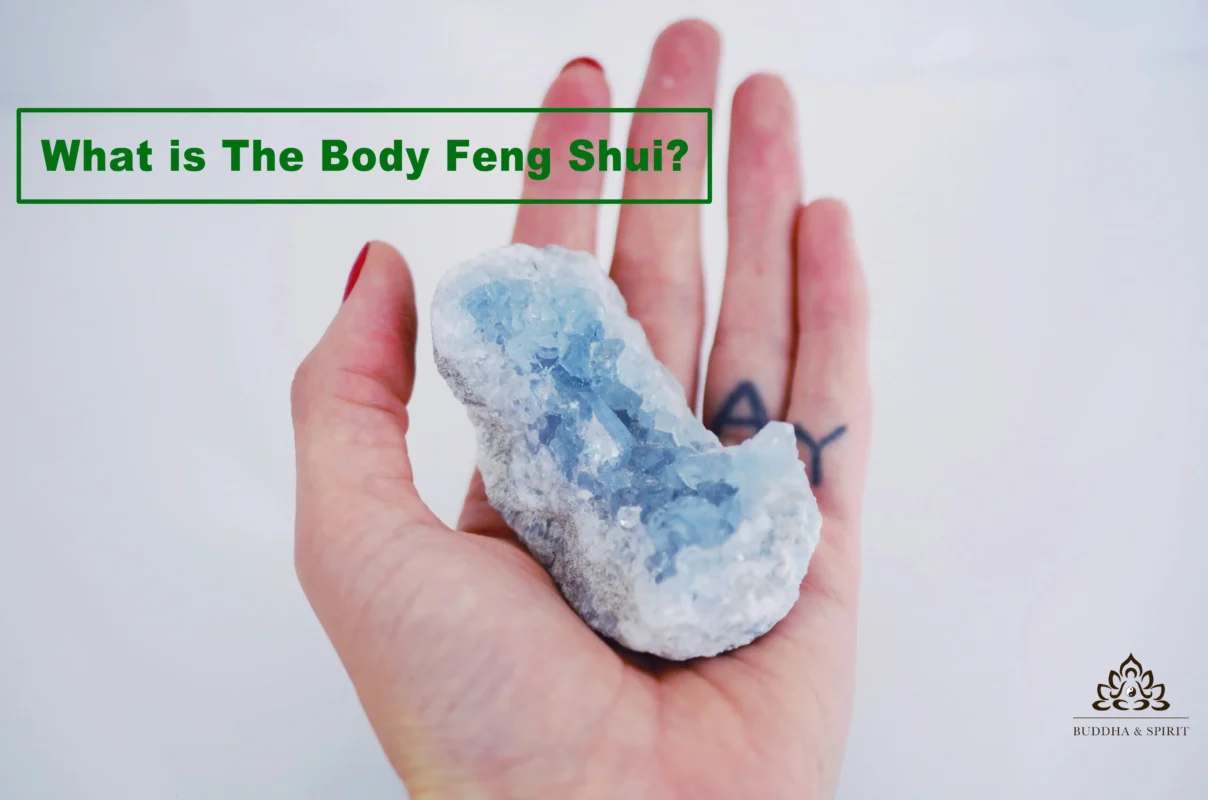What is Feng Shui?

Did you know that applying Feng Shui to your home can improve your overall well-being and bring positive energy into your life?
By understanding the principles of Feng Shui, you can create a harmonious environment that improves every aspect of your life, from relationships to finances. Making simple changes to your space in accordance with Feng Shui practices can lead to a more balanced and prosperous lifestyle.
Whether you want to improve your health, attract love, or increase your wealth, Feng Shui offers practical solutions that anyone can benefit from.
The word “Feng Shui” translates to “Fengshui” in English.
Feng Shui is a traditional Chinese practice that studies the relationship between people and the natural environment, focusing on the harmony between individuals and the environment. It is based on the flow of “chi”, topography, spatial layout, and the impact of environmental factors on people’s lives and fortunes. The core idea of Feng Shui is that by correctly arranging the elements in your home or work space, you can create a balance with the natural world. As a result, it can enhance their well-being, promote fortune, health, wealth and happiness, relationships, and overall success.
Here are a few basic elements of Feng Shui:
What is “Chi”?
“Chi” is a core concept in Feng Shui, which refers to an invisible energy or aura. Feng Shui believes that a good flow of Chi can bring good luck and positive influences, while a bad Chi can lead to illness, distress and bad fortune. One of the goals of Feng Shui is to promote a good flow of Chi.
What is “Yin Yang”?
The Yin Yang theory is one of the basic theories of Feng Shui, which believes that everything in the world can be divided into two opposing and unified forces, Yin and Yang. Feng Shui harmonizes the environment through the balance of Yin and Yang to achieve the purpose of improving fortune. In the layout of homes and courtyards, the rational use of the concept of Yin and Yang can create a harmonious living space.
Welcome to buy our Feng Shui bracelets to help you get better Feng Shui Energy

What is “Five Elements”?
The Five Elements theory (wood, fire, earth, gold, and water) is another basic theory of Feng Shui, which believes that these five elements are mutually generated, restrained, and mutually restricted. Feng Shui will select and arrange household items and directions according to the attributes of the Five Elements to achieve the balance and harmony of the Five Elements.
What is “Direction and Layout”?
Feng Shui attaches great importance to the layout and direction of space, and each direction has different symbolic meanings and energies. For example, due south is usually associated with fame and reputation, and west may be associated with money and wealth. Through reasonable layout, such as the orientation of the house and the placement of furniture, the fortune and health of family members can be affected.
What is “environmental factors”?
Feng Shui also considers the influence of the surrounding environment, including terrain, mountains and rivers, architectural style, and plants. The quality of the natural environment and the flow of atmosphere directly affect the quality of life and fortune of the residents. Therefore, choosing a good geographical location and environment is also a very important factor in Feng Shui.
What is “Feng Shui practice”?
The practice of Feng Shui includes various methods and tools, such as good luck items (such as Feng Shui stones, wind chimes), color selection, and direction selection. People use these methods to enhance their fortune, improve health, and balance family harmony.
Feng Shui is the crystallization of ancient Chinese wisdom, and its core lies in the pursuit of a harmonious relationship between nature and man. Although the scientificity and effectiveness of Feng Shui have been questioned in modern society, there are still many people who believe in and use Feng Shui to improve the quality of life. Whether it is home decoration, office environment layout, or the selection of mascots in life, Feng Shui plays an important role in many cultures.
To purchase Feng Shui Items, please click on the picture below.













